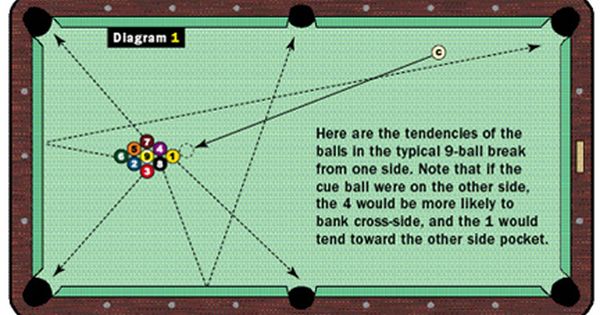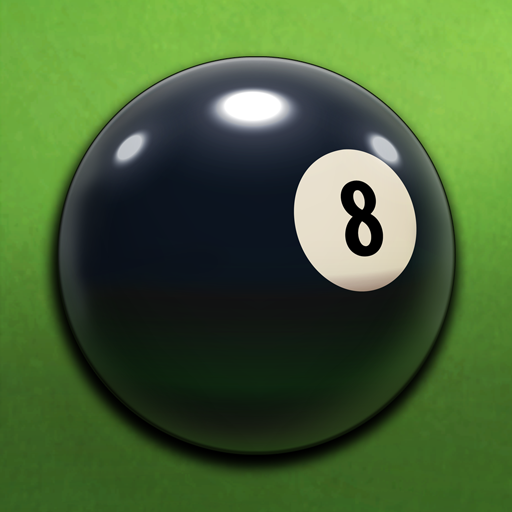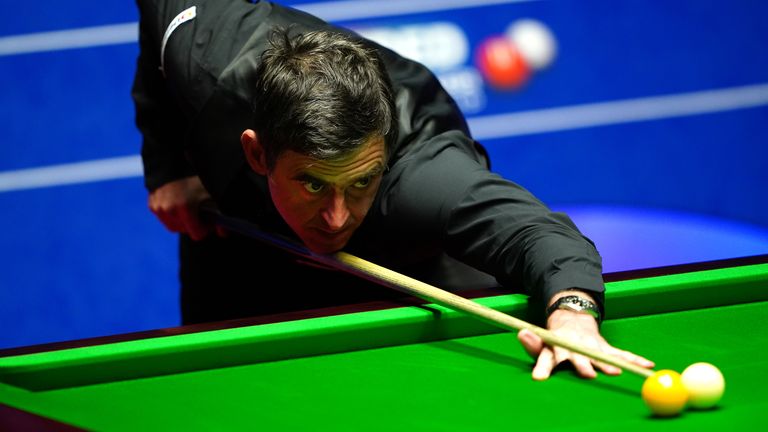
When selecting a cue tip, consider its material. The material is either soft, medium, or hard. It can also impact how the cue feel. For example, a firm shot might feel better. It also impacts the squirt or sideways tip flexibility. The shaft flex and endmass are reduced when the tip is soft.
Hard
Professional and high-level players prefer a hard cue tip. It's easier to maintain than soft tips and lasts for longer. It does not absorb as much energy as a soft tip.
Soft
A soft cue tip can prove to be very helpful when a player needs a more flexible cueball. Typically, these tips are made from leather and are available in a variety of different hardness levels. The material that they are made of can vary from laminated leather to single-piece materials. Other materials that are common include bakelite or phenolic.

Medium
Kamui Cue Tip Range is made from premium pigskin. This allows for maximum porosity and humidity resistance. These tips have excellent chalk retention, which helps improve tip-grip. These tips are made to last for years and can be purchased in a pack of ten.
Phenolic
Your break shot power can be increased by as much as 17% with the phenolic tip of your pool cue. This material provides a more smooth contact surface and is responsive to pressure. These properties make phenolic tip a great option for players seeking increased power.
Leather
A leather cue tip is one of the most popular types of tip available. Leather tips are more durable than synthetic ones made of cork or plastic. While leather tips are generally preferred, synthetic ones may be better for home use.
Splice
There are several options for how to splice your pool cue tip. Some prefer to hand splice the tips. This is more difficult and more costly. You can purchase a cue with a hand splice if you want to play top-quality.

Size
As a rule of thumb, ensure the tip of your cue measures the same as the shaft. This will enable you to hit the ball with more accuracy and less vibration. A smaller tip will also create less squirt when the ball is hit, which will give you a better feeling for your shots.
Materials
It is important that you consider the angle and spin of your ball when choosing materials to make a cue tip. A slightly rounded tip can give the ball spin. A rounded tip will be rounder in shape than a dime. A rounded tip is typically thicker than that of a nickel.